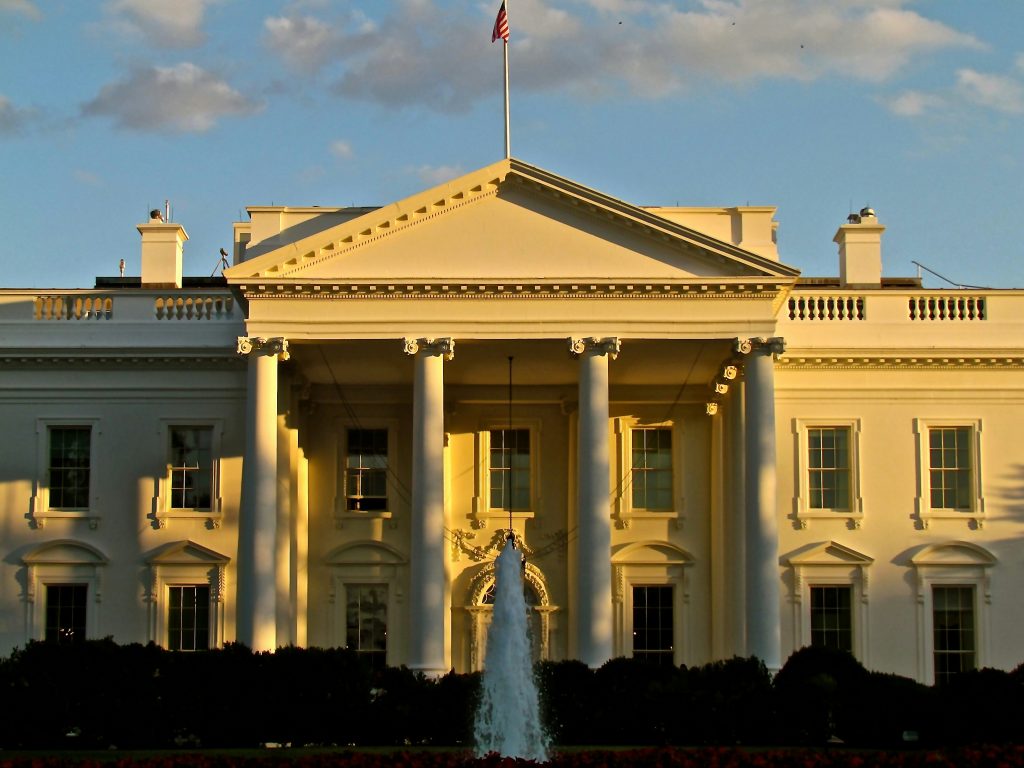AN M&A Hiccup? Evaluating Senator Warren’s Proposed Merger Bill on M&A Deals and Private Equity
AN M&A Hiccup? Evaluating Senator Warren’s Proposed Merger Bill on M&A Deals and Private Equity
By Dylan Patel*
It is no secret that M&A activity has attracted antitrust regulators given the high metabolism of corporate takeovers over the past century.[1] This past year marked a record year for M&A volume despite the continued economic concerns created by COVID-19.[2] In 2021, high domestic equity valuations coupled with low interest rates contributed to a staggering deal volume that is expected to carry over into this year.[3] Even though the financial landscape looks bright for mergers and acquisitions this year, regulatory scrutiny is increasing as changes to antitrust policy, including the FTC and DOJ’s temporary suspension of the Hart-Scott-Rodino waiting period and the FTC’s implementation of pre-consummation warning letters, will inevitably create longer timelines for deals.[4]
Senator Elizabeth Warren and Representative Mondair Jones introduced legislation this month to block deals worth more than $5 billion or that lead to high market shares.[5] The proposed bill, the Prohibitive Anticompetitive Mergers Act, would essentially allow regulators to reverse mergers if they materially harm workers, consumers, and small businesses.[6] One of the key elements of the bill is the increased power for the FTC and DOJ to block mergers without a court order.
While large M&A deals may benefit the corporate executives and large shareholders, Senator Warren’s proposed bill is highly prohibitive and disastrous for corporate dealmakers and the spirit of competition. First, one of the most detrimental effects is the diminution of innovation.[7] In areas like fintech, big data, and even healthcare, the pro-competitive merger justifications can benefit the consumer directly. Particularly, consumers “benefit from competition because, when producers face rivalry, they seek to attract customers through lower prices and higher quality.” [8] Moreover, Senator Warren’s proposal would vastly disrupt one of the most fundamental benefits of big mergers, which is the advanced pipeline of products and services that trickle down to consumers. Granted, deals initially financially benefit the largest shareholders in the industry, but these effects are trivial when considering the bigger picture.
Secondly, the Prohibitive Anticompetitive Mergers Act, if passed, would create a catastrophic setback to the entire M&A industry because of inflation and rising interest rates. As previously, 2021 was a record year for deals, creating $5 trillion in total volume, partially thanks to low interest rates and stable inflation.[9] If this bill is passed at a time where inflation has been at one of its highest levels and as the Federal Reserve attempts to raise the Federal Funds rate this year to combat recessionary sentiment, deal volume will take huge hit. This is especially problematic for larger businesses that are attractive for acquisitions by massive public companies. Specifically, when it becomes economically difficult to operate financially under the market, most businesses will resort to the option for a sale at a premium.[10] Inflation has a direct correlation to the cost of financing.[11] On the other hand, when the Treasury rate or risk free rate is higher, the discount is greater because an acquirer “could safely park their money” in a risk-free investment with high interest instead of buying a business.[12] Furthermore, inflation, coupled with stronger antitrust regulatory power in the hands of the FTC and DOJ, will lead many businesses to exit within the next few years. Unfortunately, these sales will be hindered when deals reach $5 billion.
Lastly, the proposed bill will also negatively limit private equity firms’ ability to continue to aggregate smaller businesses into one large company. The bill will prohibit these private equity “roll up” strategies that quickly consolidate industries.[13] Private equity roll up strategies involve firms buying smaller companies in an effort to create a larger company to dominate a niche market.[14] So far in 2021, there were “1,741 roll-up transactions in the U.S. with a total value of $164 billion, compared to 3,168 roll-ups worth a combined $323.4 billion in all of 2020.”[15] Generally, private equity firms have had a major goal of “flipping companies” to make them more profitable and in turn to resell them at a premium.[16] Senator Warren’s proposal would merely eliminate the incentive for PE firms to buy smaller private businesses.
The Prohibitive Anticompetitive Mergers Act seems to create more anticompetitive consequences than expected on the surface. While the activities that the act aims to solve may be justified, the timing and extensive ramifications will be detrimental for the industry. Currently, with the unstable economy and uncertainty about the markets for the near future, the last thing that the M&A industry needs is greater regulatory scrutiny.
* J.D. Candidate, Class of 2023, Sandra Day O’Connor College of Law at Arizona State University.
[1] Marina Martynova & Luc Renneboog, A Century of Corporate Takeovers: What Have We Learned and Where Do We Stand? (Jan. 10, 2009), 32 J. BANK. FIN. 2148 (2008).
[2] 2022 M&A Outlook: Continued Strength After a Record Year, MORGAN STANLEY (Jan. 14, 2022), https://www.morganstanley.com/ideas/mergers-and-acquisitions-outlook-2022-continued-strength-after-record.
[3] Id.
[4] US M&A Roars Into 2022 on the Momentum of a Record-Shattering Year, but Challenges Loom, According to a New Report by White & Case and Mergermarket, WHITE & CASE (Feb. 1, 2022),https://www.whitecase.com/news/press-release/us-ma-roars-2022-momentum-record-shattering-year-challenges-loom-according-new.
[5] Joshua Fineman, Sen. Warren Introduces Bill to Block Mergers,SEEKING ALPHA (Mar. 16, 2022), https://seekingalpha.com/news/3814219-sen-warren-said-to-introduce-bill-to-block-mergers.
[6] Id.
[7] Roger L. Martin, M&A: The One Thing You Need to Get Right,HARV. BUS. REV., June 2016, at 42, 44.
[8] See Michael L. Katz & Howard A. Shelanski, Mergers and Innovation, 74 ANTITRUST L.J. 1, 39 (2007).
[9] MORGAN STANLEY, supra note 2.
[10] Martynova & Renneboog, supra note 1.
[11] How Inflation Will Affect M&A and Funding, ORION CAP. GRP., https://www.orioncg.com/newsletters/how-inflation-will-affect-ma-and-funding/ (last visited Apr. 3, 2022).
[12] Id.
[13] Press Release, Elizabeth Warren, Senate, Warren, Jones Introduce Bicameral Legislation to Ban Anticompetitive Mergers, Restore Competition, and Bring Down Prices for Consumers (Mar. 16, 2022), https://www.warren.senate.gov/newsroom/press-releases/warren-jones-introduce-bicameral-legislation-to-ban-anticompetitive-mergers-restore-competition-and-bring-down-prices-for-consumers.
[14] Arleen Jacobius, Firms Turn to Roll-ups to Find Instant Growth (July 12, 2021), Pensions & Investments, https://www.pionline.com/private-equity/firms-turn-roll-ups-find-instant-growth.
[16] Id.
Related Posts

District Court Judge Issues Injunction Requiring Work Continue at CFPB

The Trump Administration’s Proposed Carried Interest Tax Reform
